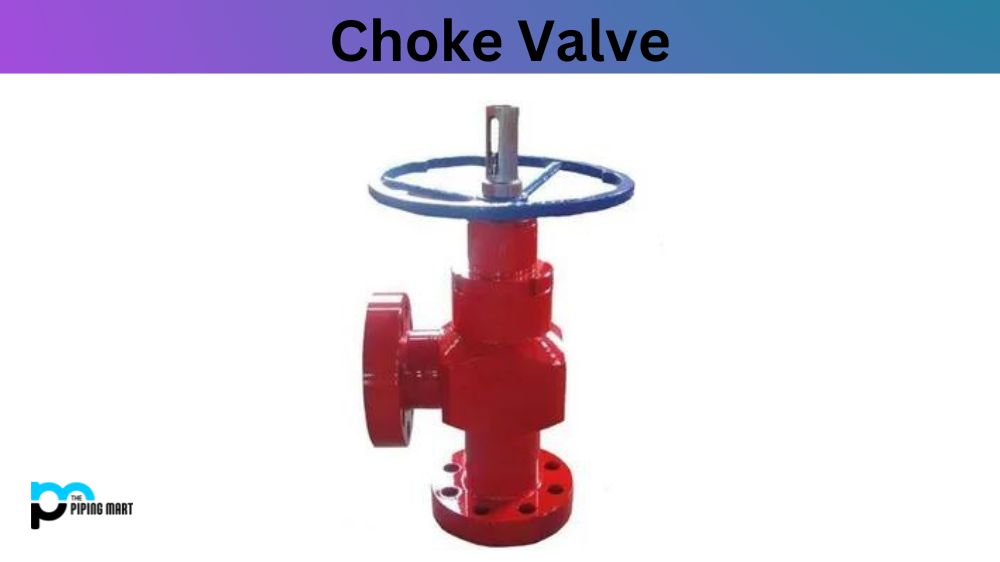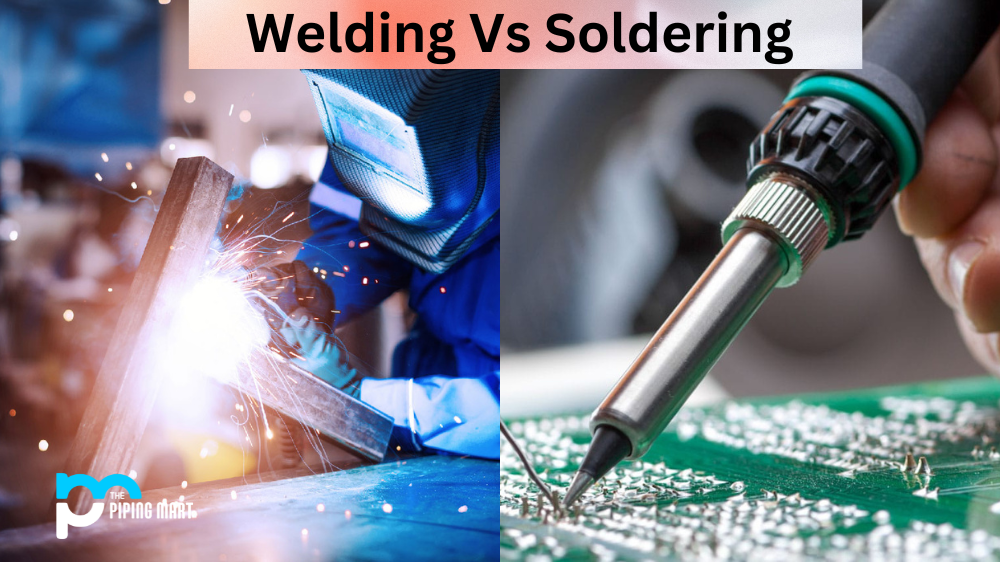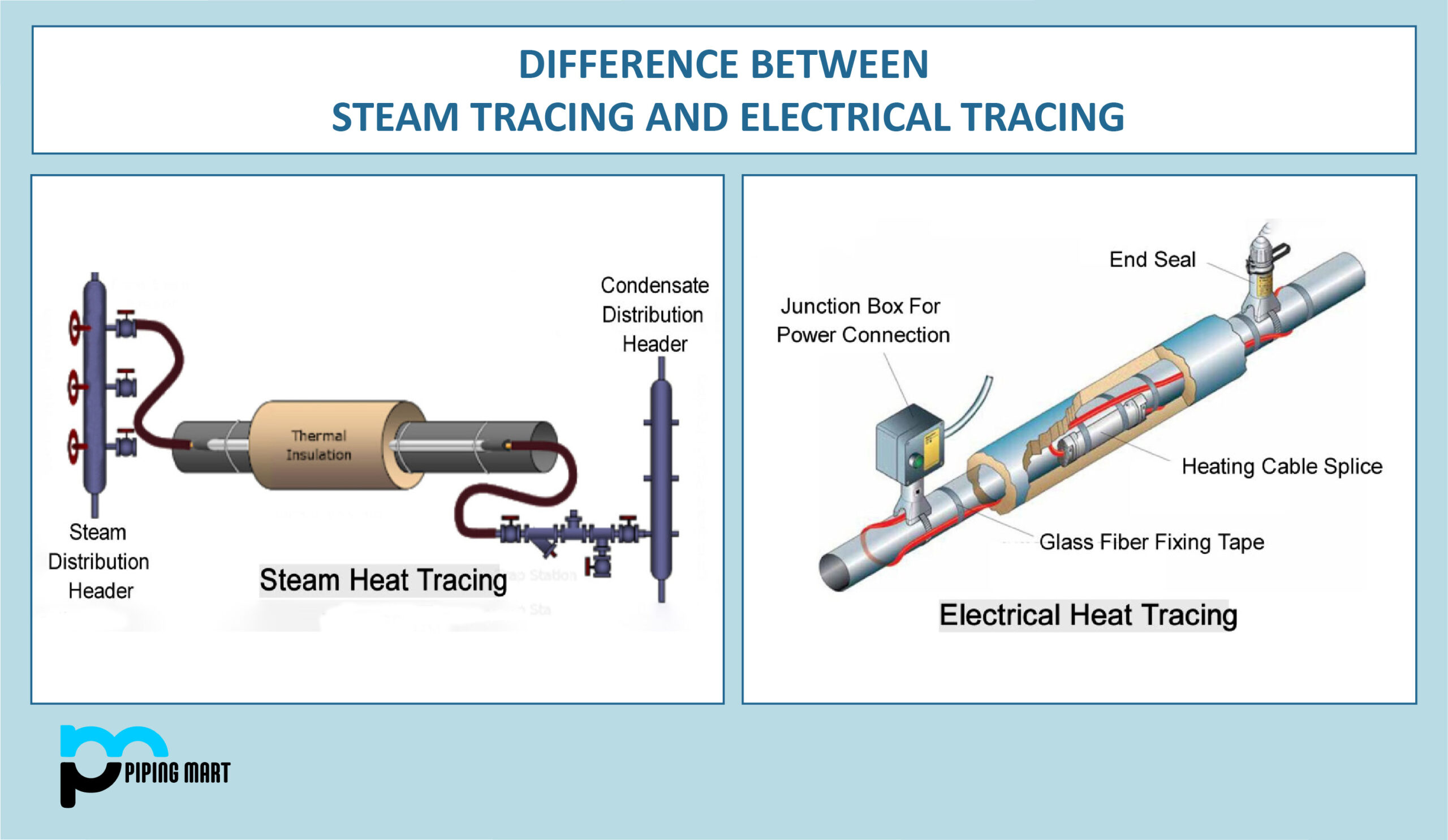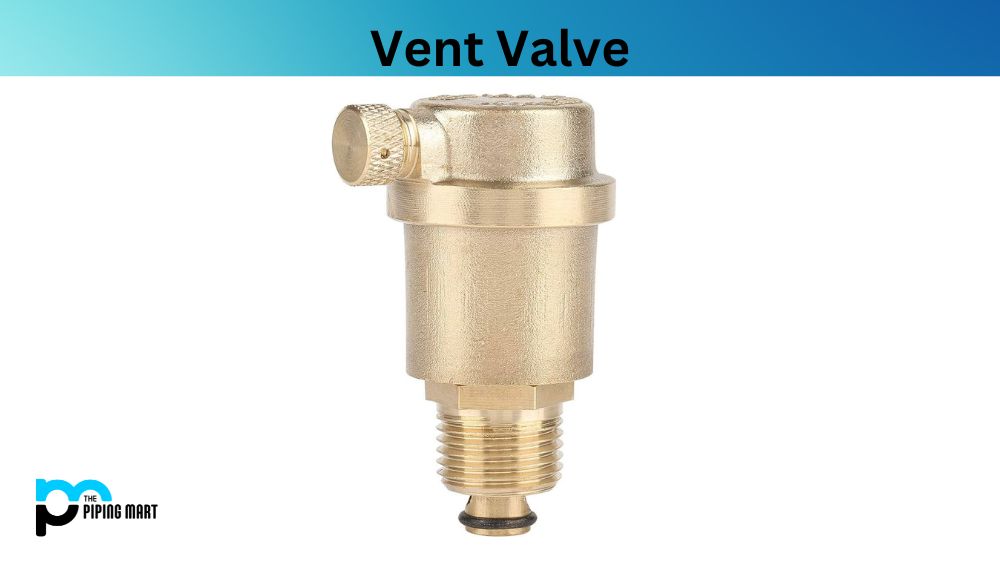Choke valves regulate fluid flow through pipes in the oil and gas industry. These valves control the pressure and flow rate of production wells. They are highly effective in providing a stable flow of oil and gas, especially during fluctuating well conditions. However, like everything else in the world, choke valves also have their advantages and disadvantages. In this blog post, we will discuss the pros and cons of choke valves so that you get a better understanding of whether they are the right choice for your project.
Advantages of Choke Valve
Increased Safety:
Choke valves are designed to handle high pressure and flow rates, making them ideal for applications that require maximum safety. Their robust design and rugged construction ensure they can withstand extreme conditions without compromising safety. They can also be remotely controlled so operators can adjust fluid flow without exposing themselves to hazardous conditions.
Reduced Wear and Tear:
Choke valves are made from high-quality materials, which means they have a longer lifespan than other valves. This is because these valves are subjected to high-pressure and high-velocity flows, which can cause damage to weaker valves.
Increased Efficiency:
Choke valves are designed with a particular bore size, which can be adjusted to match the flow requirements. This means fluid flow is regulated more efficiently and maximised production. This, in turn, leads to increased profits for oil and gas companies.
Disadvantages of Choke Valve
High Cost:
Choke valves are more expensive than other valves, primarily because of the materials used in their construction. Ifchoke valves may not be the best option if cost is a factor.
Maintenance:
Due to their intricate design and the nature of the applications they are used in, choke valves require regular maintenance. This could mean production has to be temporarily shut down, causing delays and added costs.
Potential for Damage:
In some instances, if not maintained correctly, choke valves can become damaged. In extreme cases, this damage could lead to a catastrophic failure, resulting in injury, environmental damage, and financial loss.
Conclusion:
In conclusion, a choke valve is essential in the oil and gas industry. They increase efficiency and safety and reduce wear and tear costs. However, their high cost and maintenance requirements could make them less attractive to some individuals. Therefore, project managers must weigh these advantages and disadvantages before deciding whether a choke valve is the right choice for their project. Proper maintenance and regular checks will ensure the longevity and safety of these valuable components.

Pipingmart is a B2B portal that specializes in metal, industrial and piping items. Additionally, we share the latest information and information about materials, products and various types of grades to assist businesses that are involved in this business.




